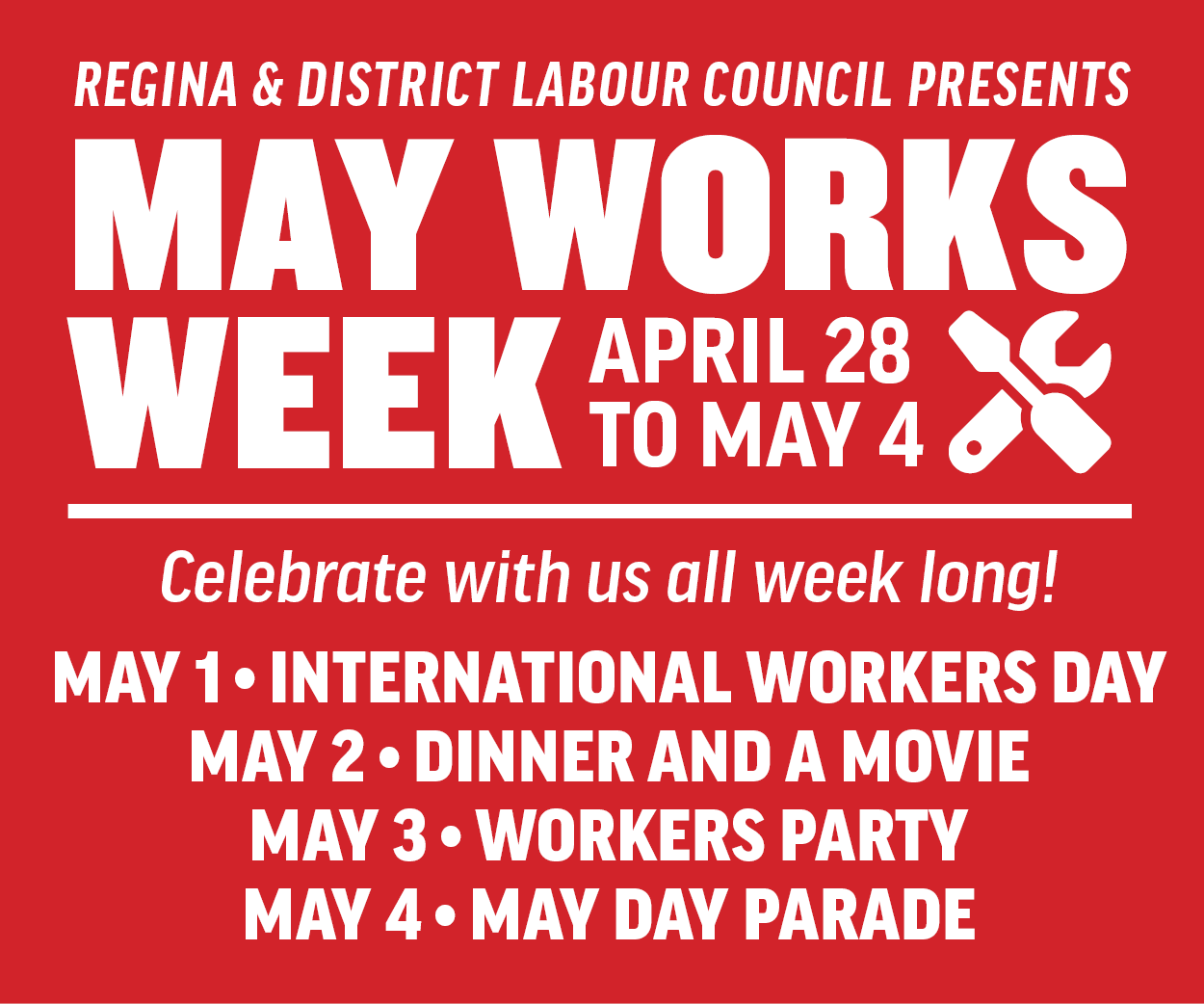WOLF COP: IT’S FILMING
I don’t know why everyone was surprised when Wolf Cop won the first CineCoup indie filmmaking contest. It was obvious to me that Lowell Dean’s horror-comedy entry would beat out the other 72 movie pitches to win the $1 million production budget. The idea was so perfect and simple it had to win.
“Wolf Cop: Dirty Harry… only hairier.”
When you can distill an entire film down to six words, you know you have the foundation for something really profound.
And it looks like we won’t have long to wait to see what Dean can build from that. Shooting started in Regina on Oct. 28 and according to executive producer and Cinecoup’s head of production, Bill Marks, things are going great.
“Lowell Dean is just an amazingly talented director and he’s running the show incredibly well. He’s shooting beautiful work,” says Marks.
Beautiful work? Not quite the words you expect to hear about a movie that involves a cop who drinks heavily, turns into a wolf and kills people. But Marks says that one thing that they’re able to accomplish on such a small movie is focus on achieving a really high level of craft.
“Talent in the city has been fantastic,” says Marks. “Leo Fafard, who’s our star, who plays Lou Garou the wolf cop, is a local actor from here in Regina. And one of the nice things about making a genre film is the star of the film is the genre. So we don’t have to get the tired old Hollywood name that somebody thinks will sell the movie. We get the best actors we can, we put all of our efforts into making the werewolf look great — which it does. And consequently, you’re able to get really talented actors who aren’t famous by international standards, but you give these people a chance to show themselves.
“And Leo is a perfect example — he’s amazing as Lou Garou.”
Wolf Cop will shoot for 17 days in Regina and Moose Jaw, then move into post production. Marks hopes to see a rough cut before Christmas and says we can expect a releasable version of the movie by spring.
And the vast majority of the work will be done here in the Queen City.
“We’re really thrilled that [for] the first CineCoup movie, we were able to make it here in the director’s home town,” says Marks. “I think this is the first movie made in Saskatchewan in over a year.”
In over a year? Oh! He means since the Saskatchewan Party murdered the film industry by slashing the film tax credit like they were a pack of drunken werewolves whose blind hatred for social programs that strengthen the arts and diversify our economy overwhelmed their common sense, then woke up in the morning with headaches, swollen bellies and dim yet unnerving memories of gore and thought, “oh, shit, we should come up with some kind of ‘Creative Industries Agency’ to cover whatever damage we wrought in the night.”
Good luck with that. In the meantime, I’m just waiting to see Wolf Cop: Saskatchewan’s ultimate film. /Paul Dechene
[hr]
VICTORIA ORDU AND IHUOMA AMADI: THEY’RE DEPORTED
On Oct. 18, University of Regina students Victoria Ordu and Ihuoma (Favour) Amadi were deported to Nigeria. This followed 16 months in sanctuary in Regina church basements after being arrested by the Canadian Border Security Agency (CBSA) for working illegally for two weeks at a Regina Wal-Mart. Throughout this time, Amadi and Ordu maintained that they’d made a mistake, and weren’t aware that their Service Canada-issued Social Insurance Numbers didn’t allow them to work off campus.
In the year since they first took sanctuary, the University of Regina, Premier Brad Wall, and the provincial opposition all spoke up on behalf of Amadi and Ordu, calling for leniency in their case, and an alternative to ejecting these students from the country.
In an e-mail response this week, the Ministry of Immigration said it stands by its position that Amadi and Ordu should have just left the country when originally asked to.
“In our dealings with all involved in this matter, we repeatedly said that the quickest way to resolve it was to have the two women in question obey Canadian law,” the ministry said.
Whether Amadi and Ordu will reapply to enter Canada and resume their studies at the University of Regina is still unknown. What also remains unknown is whether Wal-Mart will face any consequences for their part in hiring these women, apparently despite not receiving the appropriate documentation required to hire them in the first place.
In an e-mail this week, a representative of the Canadian Border Security Agency wrote: “It is not a practice of the Canada Border Services Agency to confirm or deny whether any one person/entity is under investigation. However, I can assure you that if/when the CBSA suspects a contravention of Immigration and Refugee Protection Act (IRPA), we will investigate. The CBSA fully investigates allegations involving IRPA fraud committed by employers of foreign nationals. Employment-related IRPA contraventions include employing foreign nationals who are not authorized under IRPA to be employed, counselling persons to misrepresent facts that induce an error in the administration of IRPA, and misrepresenting facts that can induce an error in IRPA.”
Wal-Mart was, again, contacted for comment on this matter, but did not respond as of press time. /Vanda Schmöckel
[hr]
SASKATCHEWAN VS. THE SFL: IT’S ON, AGAIN
With two legal decisions already in the books, the Saskatchewan Federation of Labour and its co-litigants received the go-ahead from the Supreme Court of Canada on Oct. 17 for a third tussle with the provincial government over the constitutionality of two pieces of controversial labour legislation.
Bills 5 (Public Service Essential Services Act) and 6 (Trade Union Amendment Act) were passed in 2008. In April 2012, the Saskatchewan Court of Appeal overturned an earlier Queen’s Bench judgment that held Bill 5 violated provisions of the Charter of Rights and Freedoms tied to freedom of association and assembly. It also confirmed the judge’s ruling that Bill 6 was constitutional.
“The court is going to deal with more than the issue of essential services,” says SFL president Larry Hubich. “It’s granted leave to appeal on both Bill 6, which is about workers’ rights to join unions of their own choosing for the purposes of bargaining collectively with their employer, and the right to strike, which was impaired by Bill 5.”
Through previous decisions like B.C. Health Services [2007], Hubich has said, “collective bargaining has been established as a charter right. We would hope and expect the Supreme Court will reaffirm that. The potential also exists of the court determining that the suite of rights protected by the Charter includes the right to strike under s. 2.”
The court has yet to set a date to hear the appeal, but Hubich expects it will be heard in the fall of 2014. Given the importance of the issues at stake, it’s likely that numerous provincial governments, labour organizations and employer groups will seek intervener status.
“It’s unfortunate that we’re in court,” says Hubich. “But unless the government is prepared to rip up Bills 5 and 6, and actually turn back the clock on Bill 85 [the Saskatchewan Employment Act passed last May] which goes further yet, then we’re obligated take this next step to defend the rights of working people.” /Gregory Beatty





